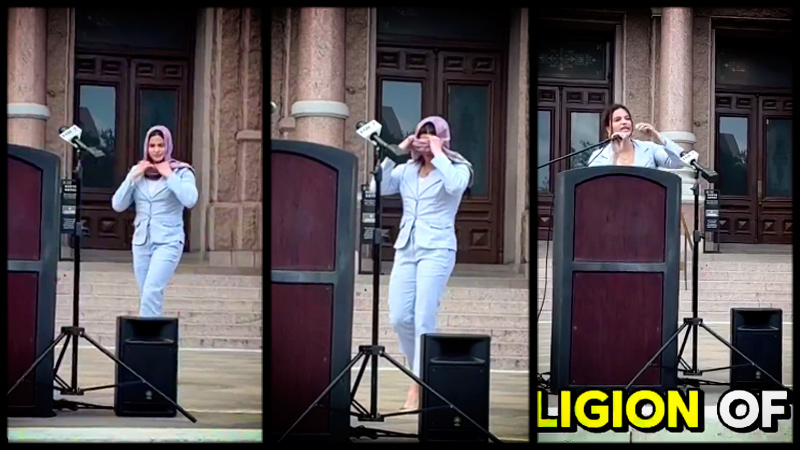Applying “misinformation” labels to posts on social media has unintended consequences, according to a new social psychology study.
The research, published in the Harvard Kennedy School Misinformation Review, shows that social-media tags added to posts disputing the result of the 2020 election had little effect on most people’s beliefs about the election and, in the case of Trump supporters, actually helped solidify their belief that the election was stolen.
The study took a sample of just over a thousand US adults who were recruited through CloudResearch, a participant-sourcing platform. Participants were randomly assigned to one of two conditions. In the first condition, participants were shown four tweets from Donald Trump claiming election fraud. These tweets had tags that indicated the claims were unverified. In the second condition (the control group), participants saw the same tweets without any warning tags.
Participants were then asked to rate the tweets on a seven-point scale according to how truthful they believed the statements to be. They were also asked about their views on election fraud and the fairness of the 2020 election, and completed a short factual test about political events that was designed to assess their general political knowledge.
The results showed that the tags did not reduce the belief in election fraud among Trump supporters. In fact, Trump voters who displayed greater basic political knowledge were more likely to assess tagged posts as truthful compared to when posts were not tagged.
Interestingly, Trump supporters who were sceptical about election fraud also appear to have been strengthened in their belief by the misinformation tags.
Liberals and Biden voters, by contrast, seem to have been unaffected by the tags. They showed low levels of belief in Trump’s statements, regardless of whether or not the tags were present.
The study clearly shows that social-media attempts to label “misinformation” are likely to be ineffective at best and to backfire at worst, driving the kinds of political polarization and distrust in the media they are supposed to reduce.
BREAKING: 1st Amendment In Crisis— DOJ Asks Federal Judge To Close Infowars
